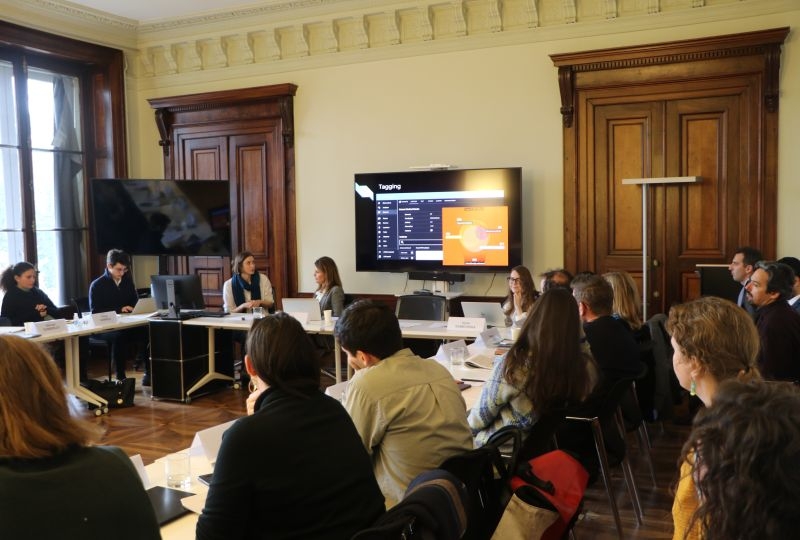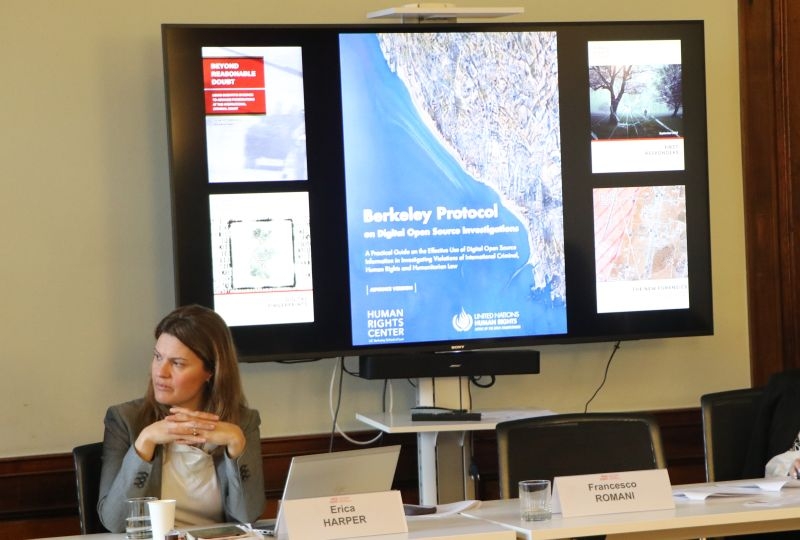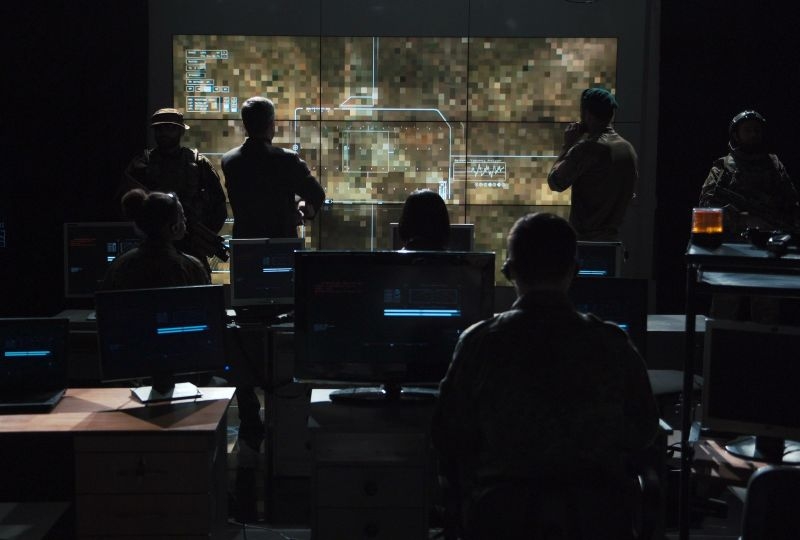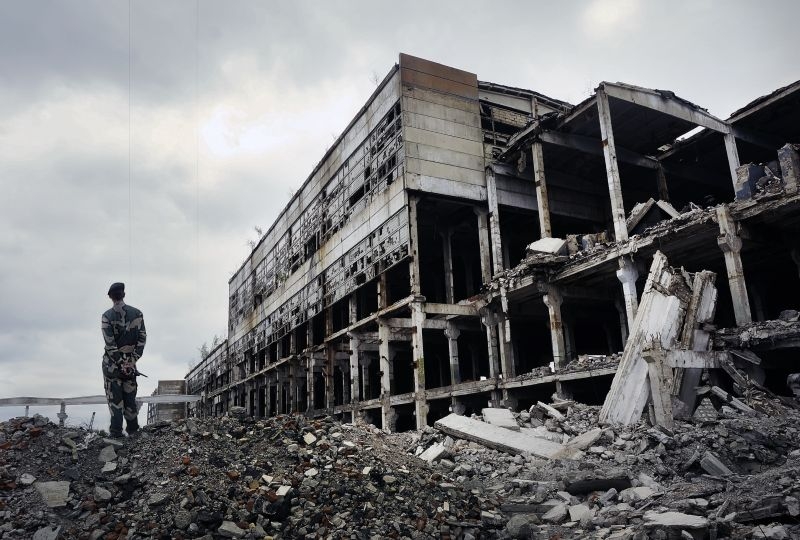10 January 2023
Open-source information – e.g. satellite images, social media posts, information published by the government, and content made available on information-sharing platforms – strengthens the prospects of accountability and is transforming the way human rights violations and international crimes are documented, investigated and prosecuted. At the same time, national and international prosecution, fact-finding, and UN human rights bodies that address compliance with international humanitarian law increasingly rely on open source information to document violations, as highlighted by the current armed conflict in Ukraine.
‘Technological innovation has increased the availability, quality and dissemination of evidence, helping investigators overcome long-standing challenges around accessing sites of violations, evidence loss, contamination and witness testimony. But this also raises fundamental questions concerning the administration of justice, the management of data, and impacts on the humanitarian space’ explains Erica Harper, Head of Research and Policy Studies at the Geneva Academy.
A one-day consultation organized at the end of December 2022 under the auspices of our Swiss IHL Chair and of our IHL Expert Pool precisely aimed at discussing with a variety of experts – lawyers, judges, prosecutors, IT experts, academics, NGO and social media representatives, as well as UN staff – the challenges, opportunities and best practices arising from an increased reliance on open source information in accountability processes.









